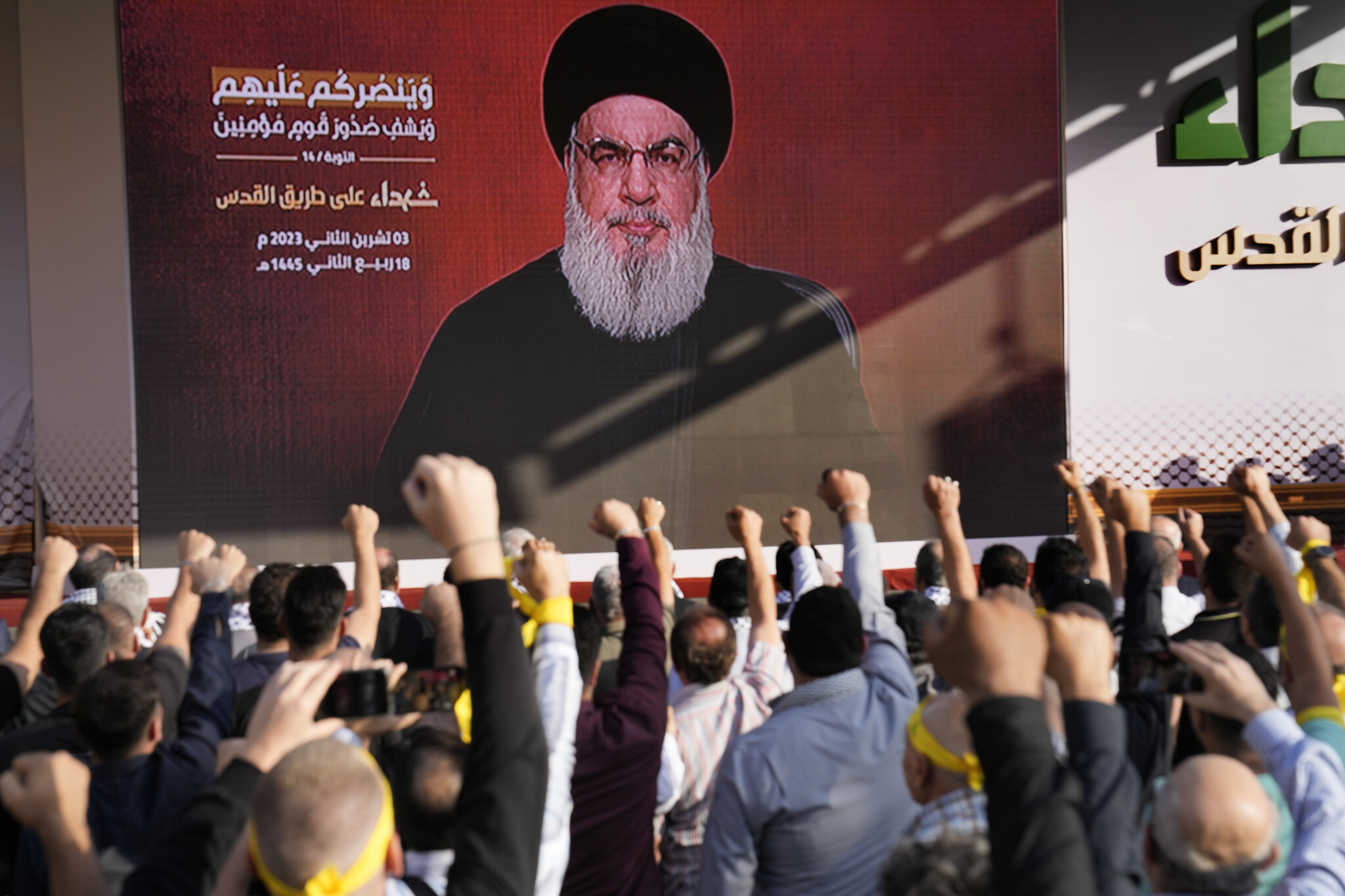
Among the prominent developments, Hezbollah managed to recover the body of Hassan Nasrallah, the influential figure within the organization, after intense fighting and bombardments. His death marks a significant symbolic loss for Hezbollah, as Nasrallah was considered a central figure in its military and political strategy. The recovery of his body has fueled renewed calls for retaliation from Hezbollah leadership, even as Israeli air raids intensify. Lebanon’s Health Ministry has been overwhelmed with rising death tolls, with casualties extending beyond Hezbollah fighters to include civilians in heavily bombed areas.
Israeli officials have maintained that their primary targets are Hezbollah strongholds, attempting to cripple the organization’s capacity to wage further attacks. The strikes are part of a broader strategy aimed at dismantling Hezbollah's operational command in the region, a goal that has led to the frequent targeting of civilian-heavy zones. The Lebanese government, meanwhile, is grappling with the aftermath of these strikes, as hospitals struggle to handle the sheer number of wounded civilians.
Lebanon's southern region, a stronghold for Hezbollah, has faced relentless aerial bombardment, with entire neighborhoods reduced to rubble. The situation is dire as essential services, including power and water supplies, are increasingly disrupted. In Baalbek-Hermel, a city in eastern Lebanon, 21 people were confirmed dead after Israeli raids struck key civilian infrastructure, adding to the mounting toll of casualties. The Israeli military’s aggressive stance has raised concerns about a larger regional escalation, particularly as neighboring countries continue to express alarm at the rising violence.
As the violence spirals, foreign intervention has become more likely. France, which has a historical relationship with Lebanon, sent its foreign minister, Jean-Noël Barrot, to Beirut, marking one of the first high-level diplomatic engagements since the conflict intensified. Barrot’s visit signals an effort to mediate between the parties and prevent further devastation. France has urged both sides to de-escalate, but the diplomatic efforts have so far had little effect on the ground.
Israel's Defense Minister Yoav Gallant reiterated the country’s readiness to strike Hezbollah wherever necessary, reinforcing that "no place is too far" for Israeli forces. Gallant’s statement followed a broader military campaign that included Israeli operations targeting Houthi forces in Yemen, further complicating the geopolitical dynamics in the region. The Israeli military has responded forcefully to any perceived threats from Hezbollah, including retaliatory strikes following missile launches toward Israel’s northern border.
The regional implications of this conflict are vast, with Iran continuing to lend support to Hezbollah. Tehran’s backing of the "Axis of Resistance" against Israel ensures that Hezbollah maintains a steady stream of resources, even as Israeli forces try to weaken its operational strength. Iranian leaders have condemned Israel's actions and vowed to continue supporting Lebanon, potentially extending the duration and scope of the conflict.
